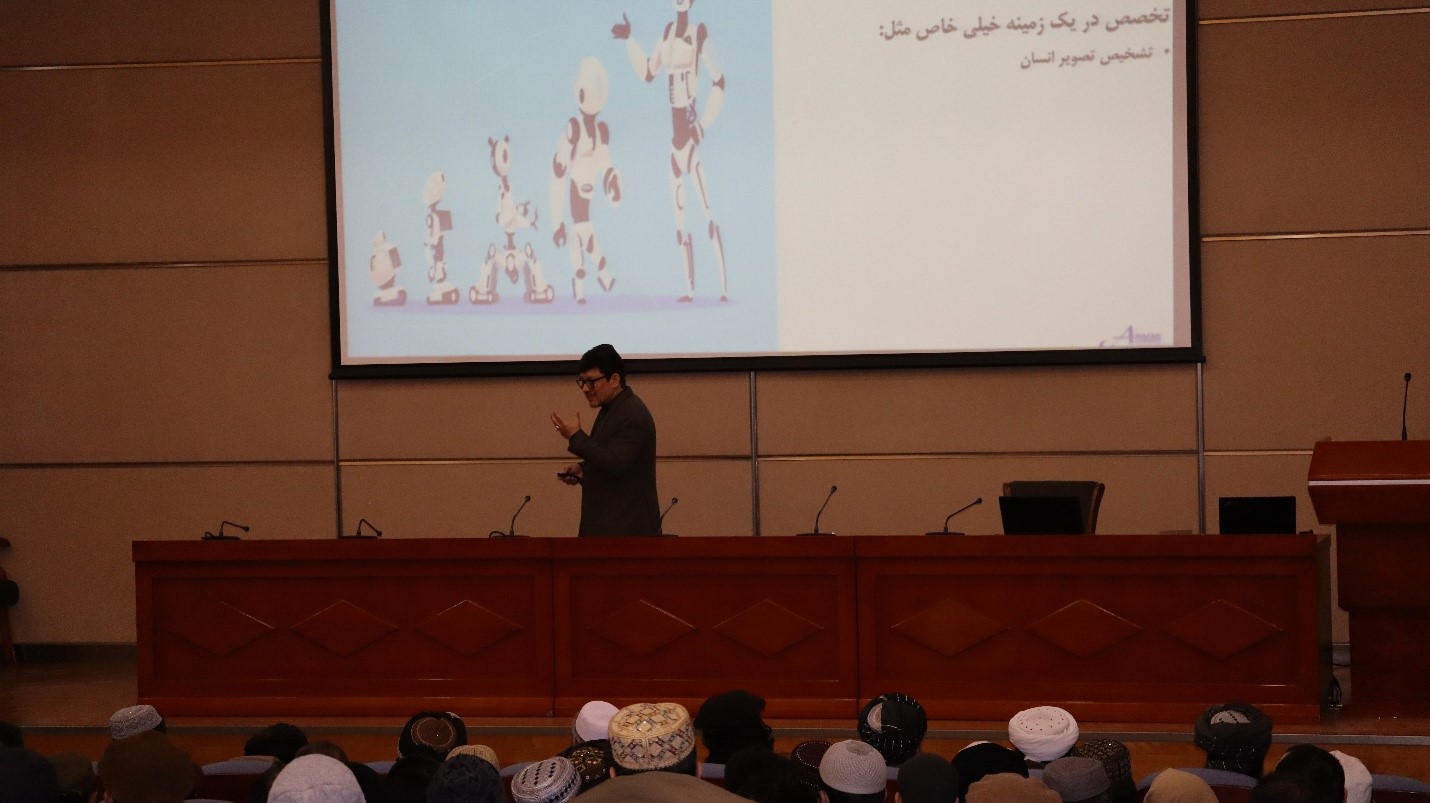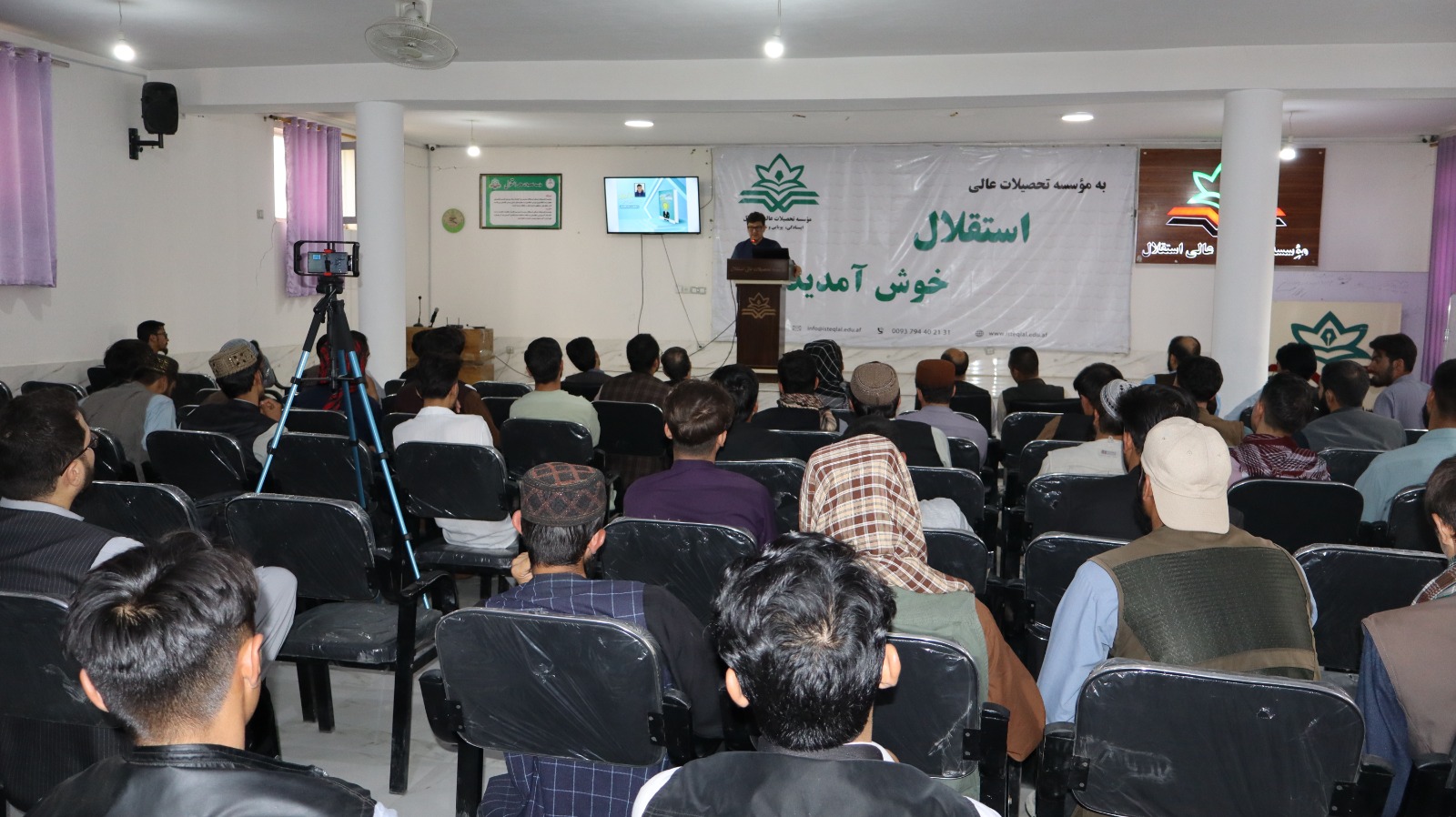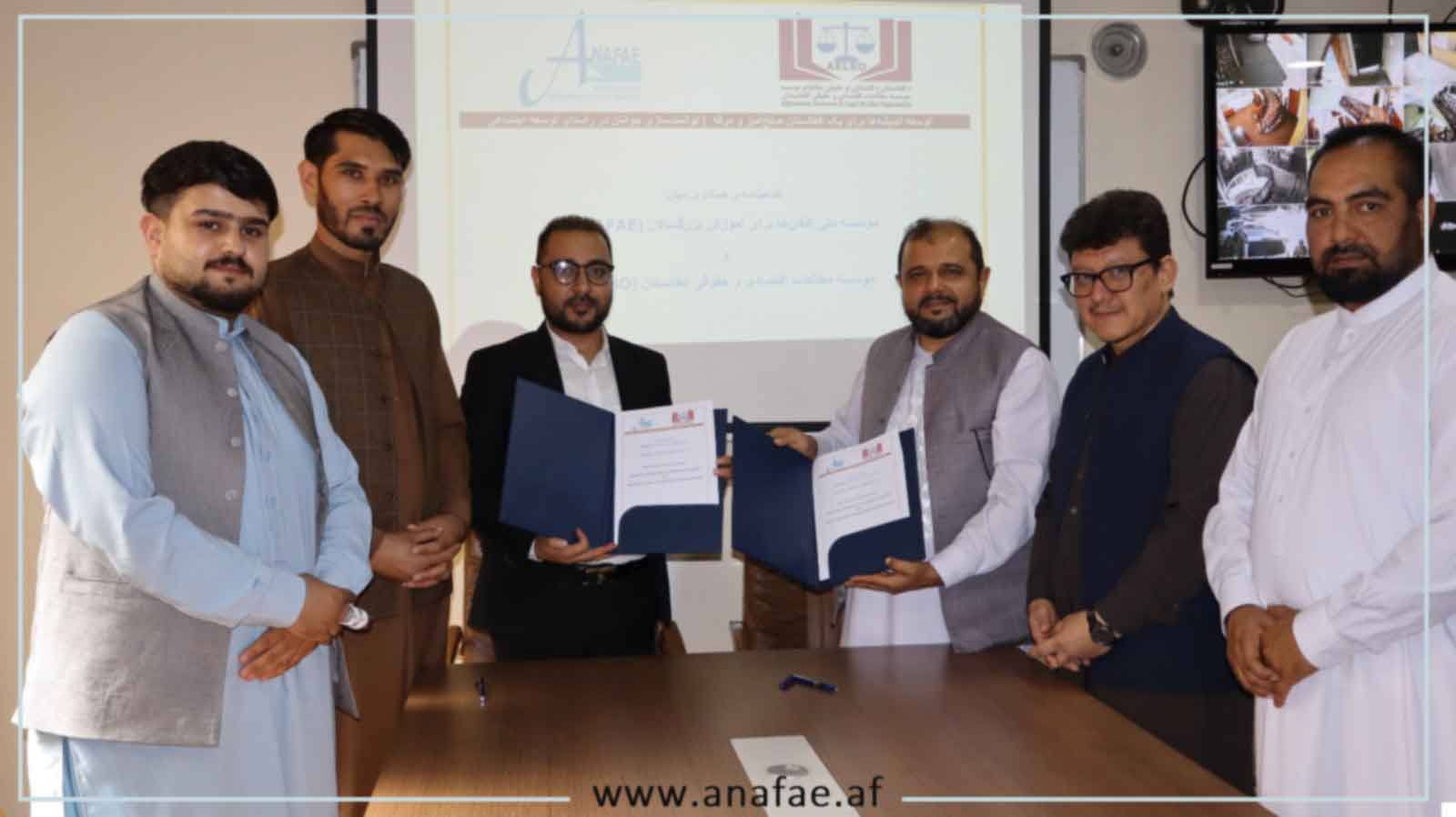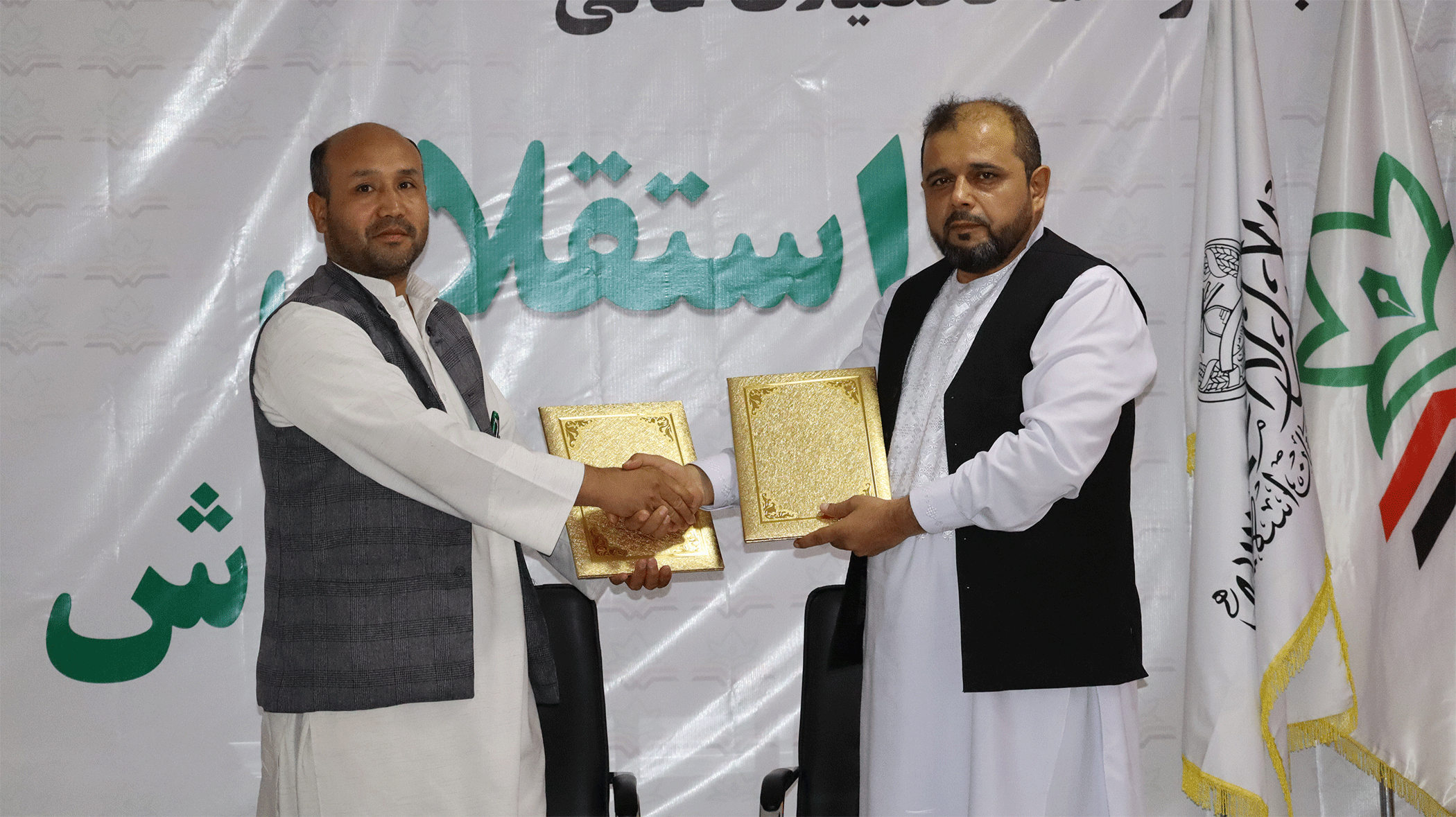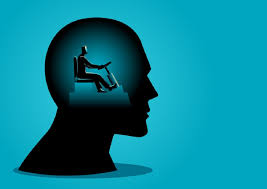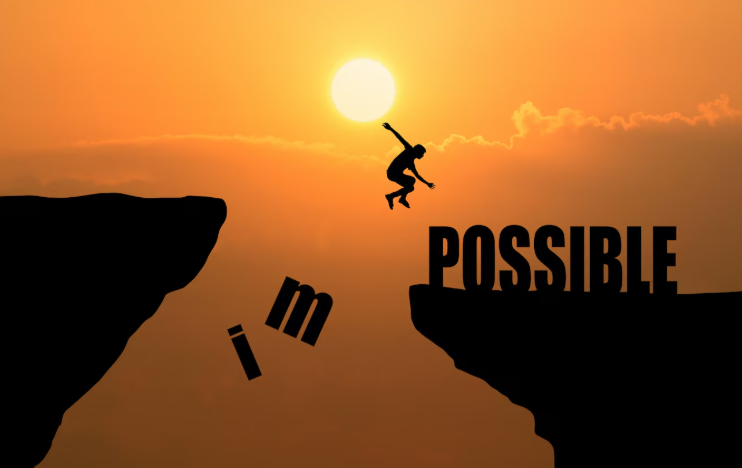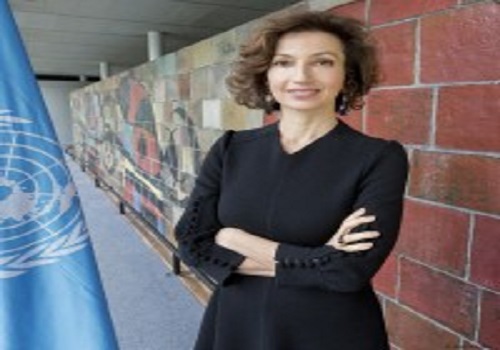
The International Literacy Day is celebrated all around the world on September 8. Once you learn to read, you will be forever free”, wrote Frederick Douglass in the nineteenth century, an emancipated black American slave, champion of the abolitionist cause, and author of several books. This call for emancipation through reading, and more generally by mastering basic skills – literacy and numeracy – has universal scope.
Literacy is the first step towards freedom, towards liberation from social and economic constraints. It is the prerequisite for development, both individual and collective. It reduces poverty and inequality, creates wealth, and helps to eradicate problems of nutrition and public health.
Since the times of Frederick Douglass, and particularly in recent decades, considerable progress has been made in all regions of the world, and millions of men and women have been lifted from ignorance and dependency through a broad-based movement of literacy and the democratization of access to education. However, the prospect of a world in which every individual has fundamental knowledge remains an ideal.
Today, worldwide, more than 260 million children and adolescents are not enrolled in school; six out of ten children and adolescents – around 617 million – do not acquire the minimum skills in literacy and numeracy; 750 million young people and adults still cannot read and write – and among them, two-thirds are women. These seriously debilitating shortcomings lead to a de facto exclusion from society and perpetuate a spiral of social inequalities and gender inequalities.
A new challenge is now being added to this: a world in flux, where the pace of technological innovation is continuously accelerating. In order to find a place in society, get a job, and respond to social, economic, and environmental challenges, traditional literacy and numeracy skills are no longer enough; new skills, including information and communication technology, are becoming increasingly necessary.
Preparing young people and adults for jobs, the majority of which have not yet been invented, is a challenge. Accessing lifelong learning, taking advantage of pathways between different forms of training, and benefiting from greater opportunities for mobility have thus become indispensable.
The theme of this year’s International Day, “Literacy and Skills Development”, focuses on this evolving approach to education. UNESCO is actively engaged in the redefinition of literacy policies and encourages innovative educational practices. It also supports various forms of public and private sector cooperation, since only a comprehensive understanding of the education cause can enable an appropriate response to the needs of a world that seems to be reinventing itself every day.
On this International Day, I call on all stakeholders in the world of education, and beyond, because it is a cause that concerns us all, to mobilize so that the ideal of a fully literate global society becomes more of a reality.



